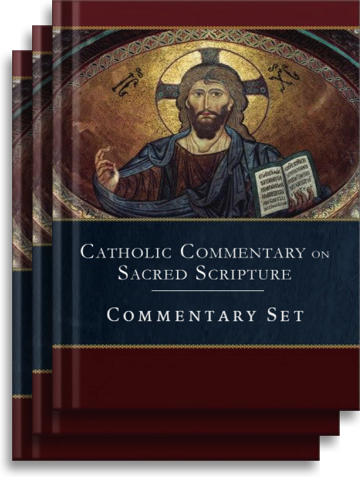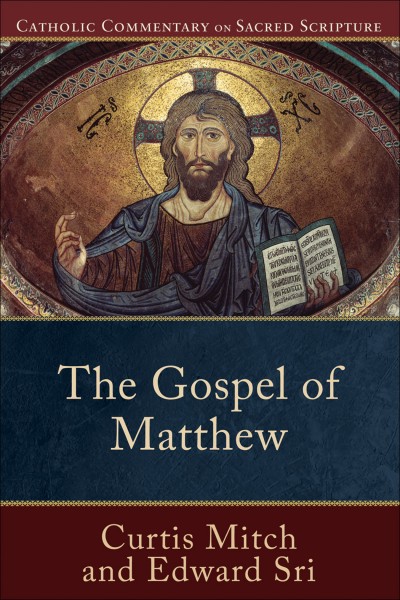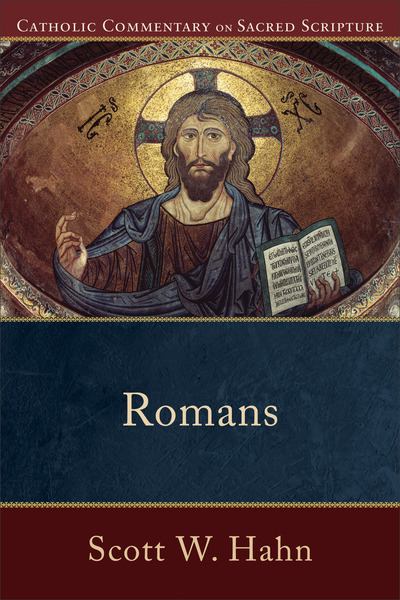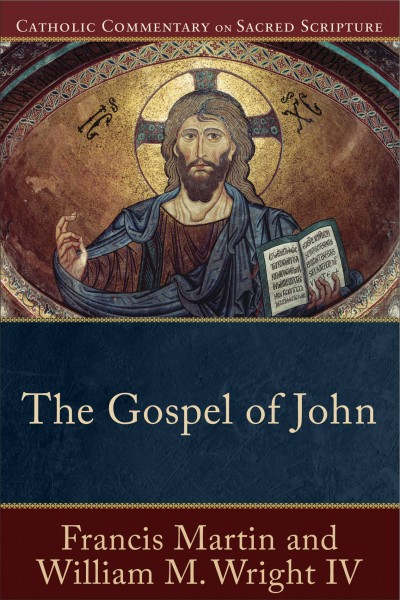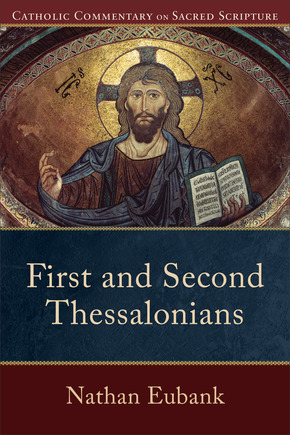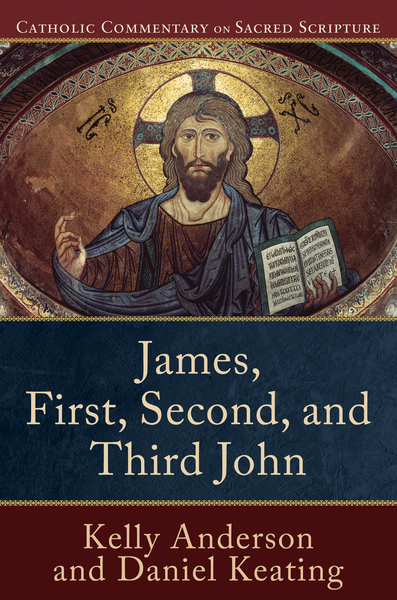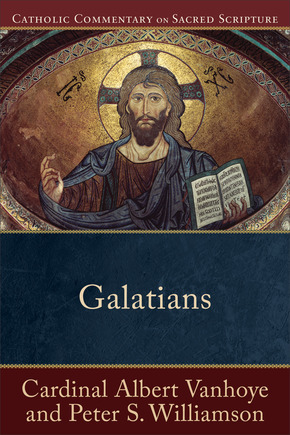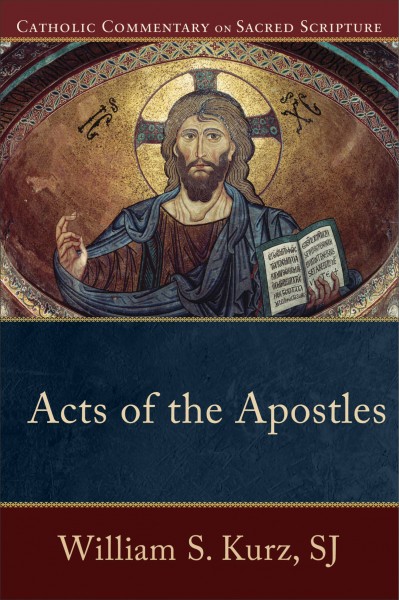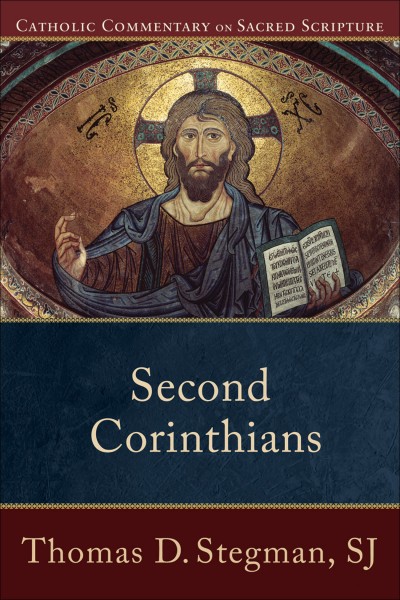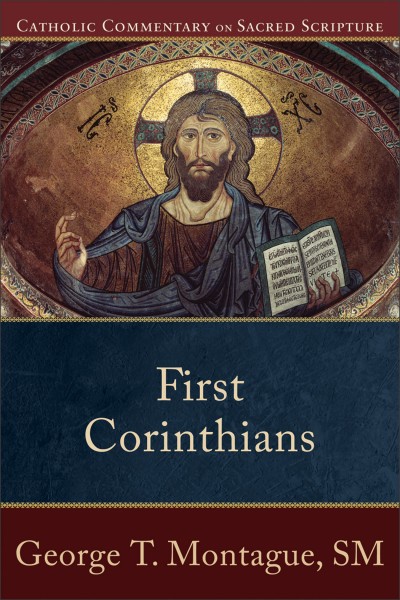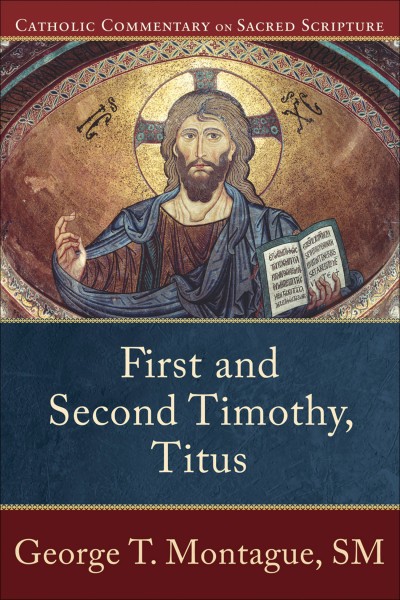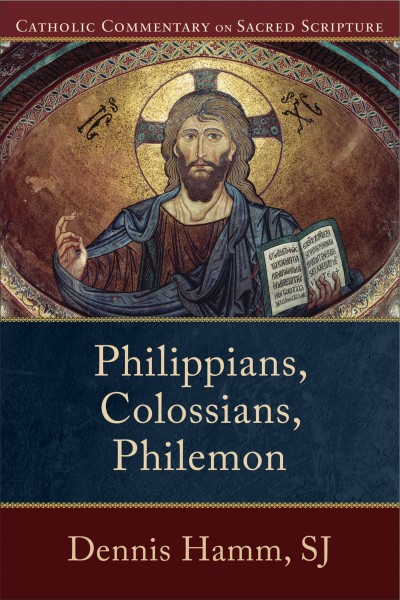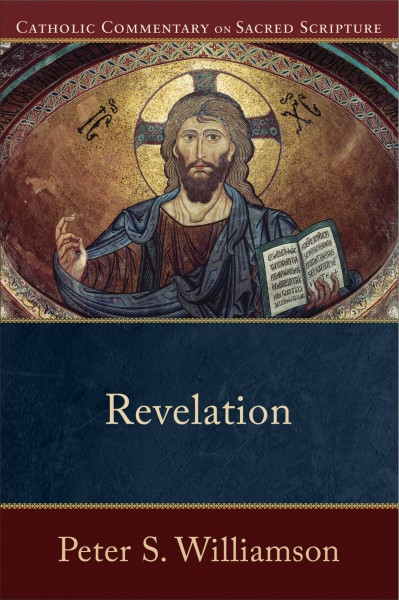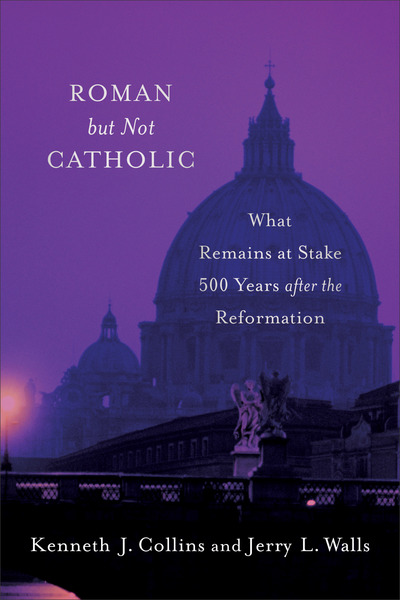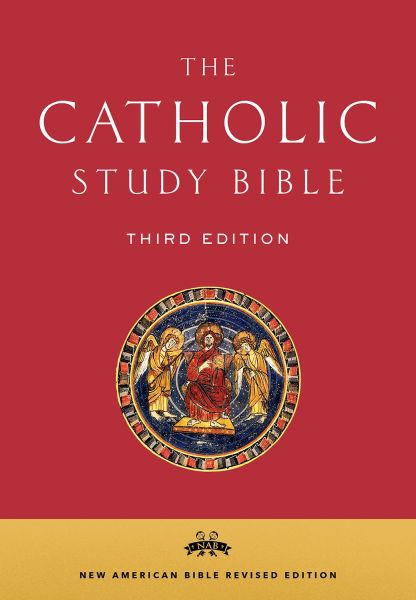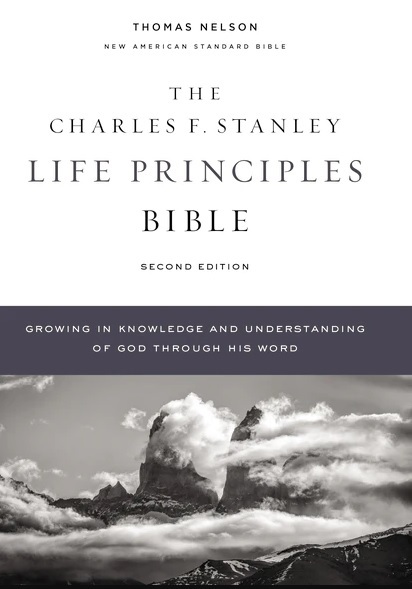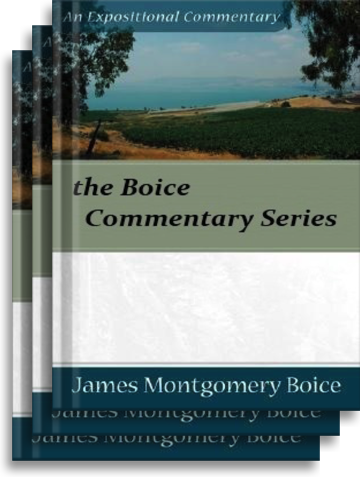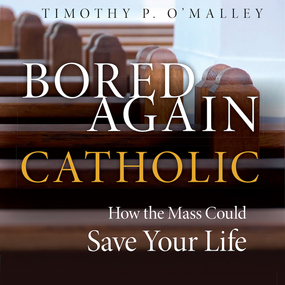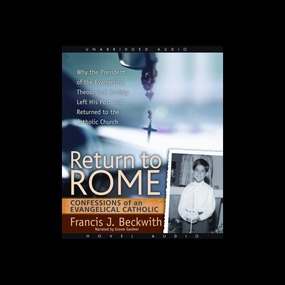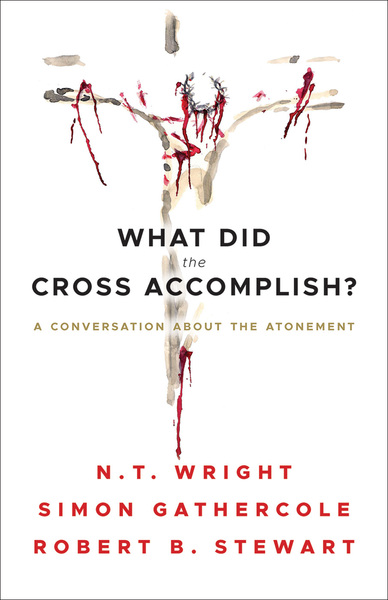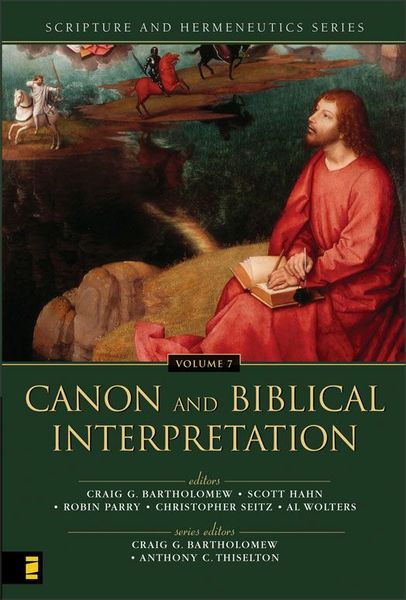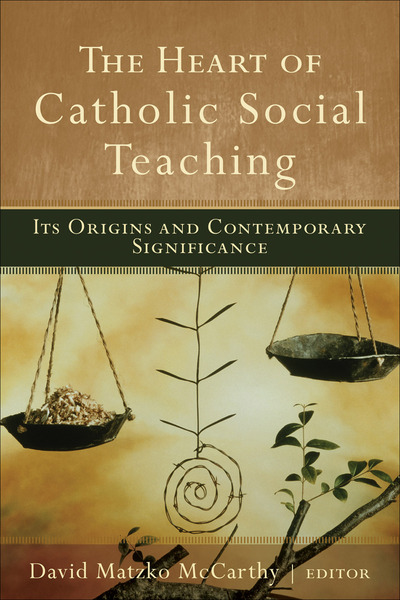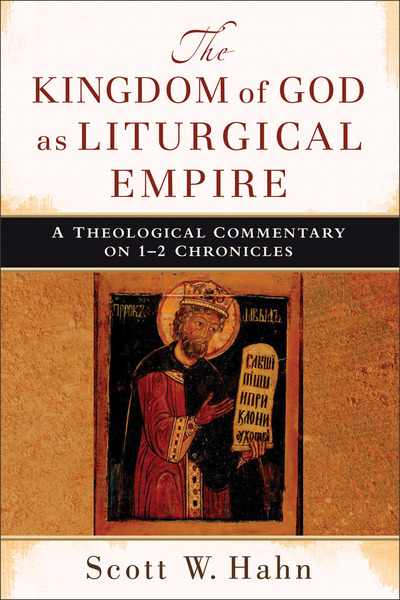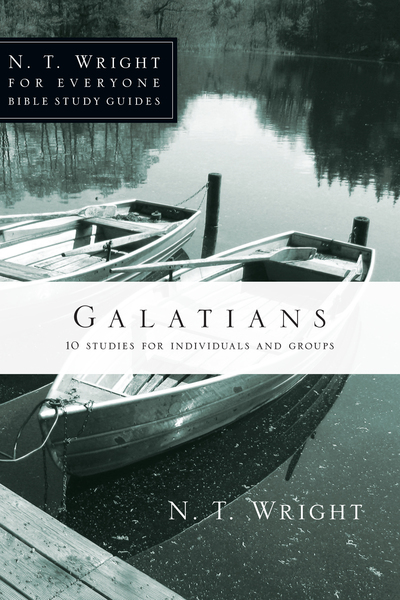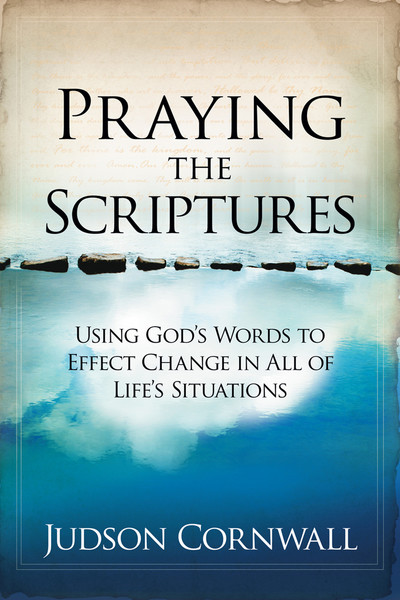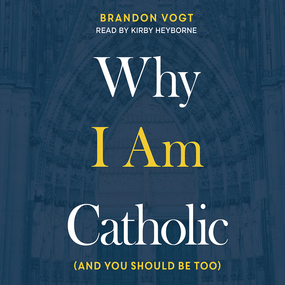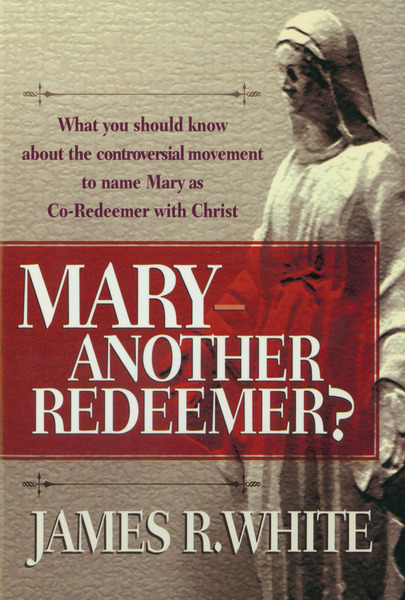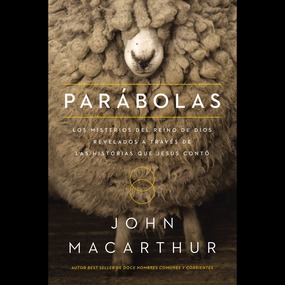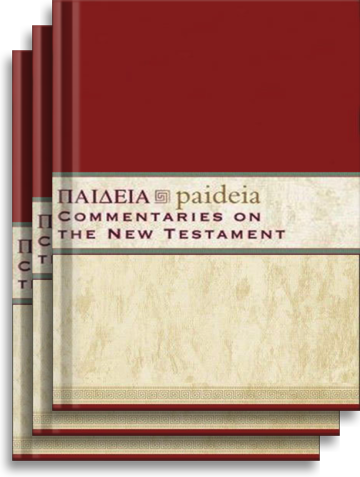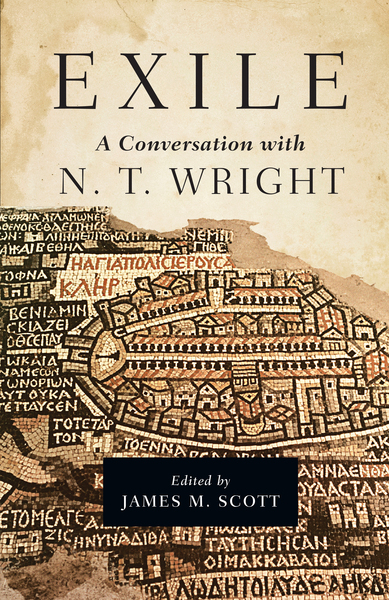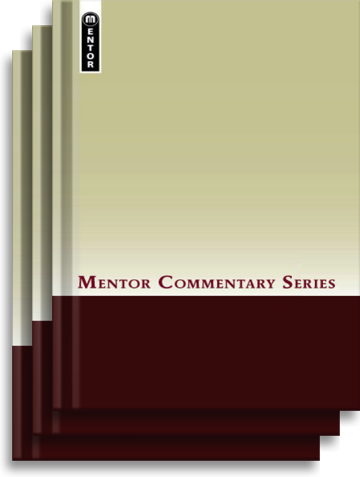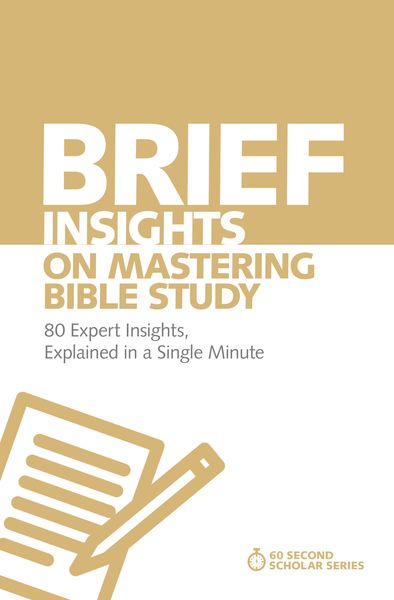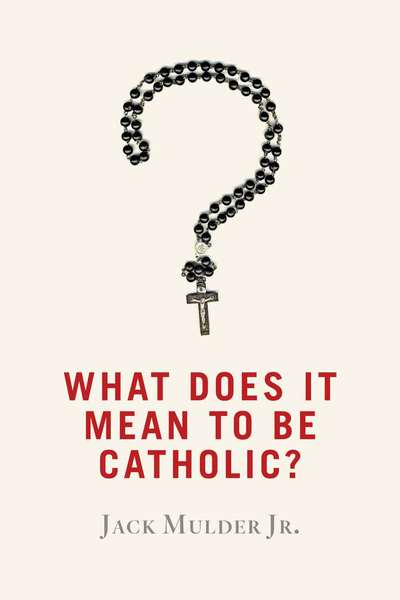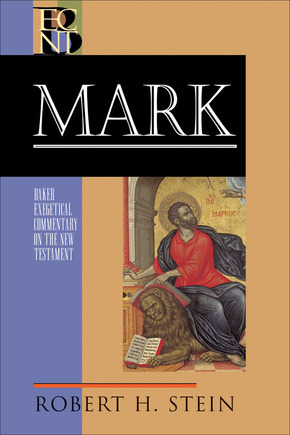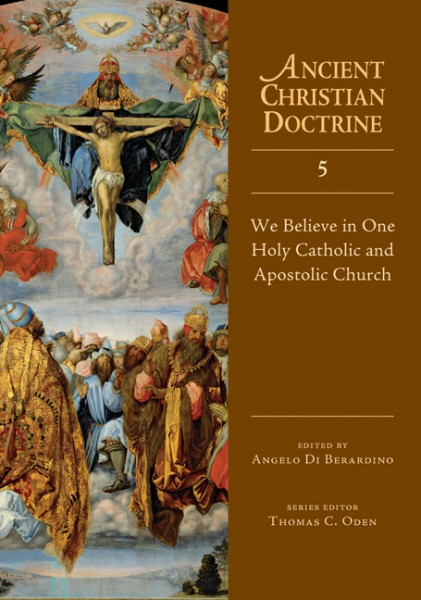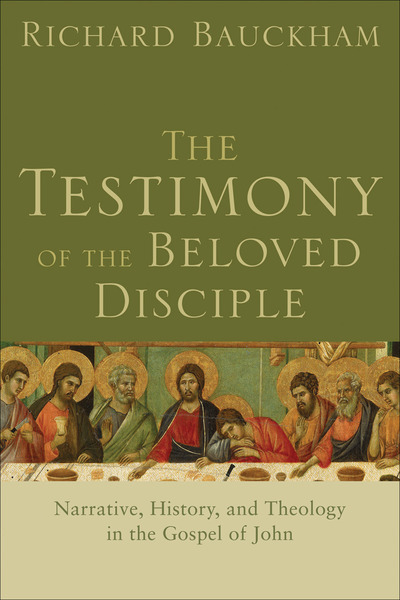

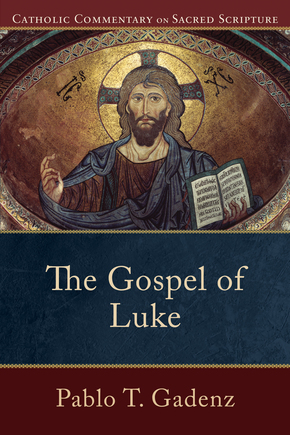
Catholic Commentary on Sacred Scripture: Gospel of Luke (CCSS)

Catholic Commentary on Sacred Scripture: Gospel of Luke (CCSS)
In this addition to the successful Catholic Commentary on Sacred Scripture series, Fr. Pablo Gadenz examines the Gospel of Luke from within the living tradition of the Church for pastoral ministers, lay readers, and students alike. Gadenz explains the biblical text clearly and concisely in light of recent scholarship and pays particular attention to the themes, theology, and Old Testament background of Luke's Gospel. Sidebars explain the biblical background and offer theological insights from Church fathers, saints, and popes, and reflection and application sections offer suggestions for daily Christian living.
About the Series The Catholic Commentary on Sacred Scripture (CCSS) responds to the desire of Catholics to study the Bible in depth and in a way that integrates Scripture with Catholic doctrine, worship, and daily life. The series will include seventeen volumes, offering readable, informative commentary on each book of the New Testament. The CCSS implements the theological principles taught by Vatican II for interpreting Scripture “in accord with the same Spirit by which it was written”—that is, interpreting Scripture in its canonical context and in the light of Catholic tradition and the analogy of faith (Dei Verbum 12).
The CCSS is packed with features designed to help readers use the Bible more effectively in teaching, preaching, evangelization, and other forms of ministry. Each volume provides exegesis as well as reflection and application sections. Cross-references link each passage to the Catechism, the Lectionary, and related biblical texts. Sidebars present information on the background of the text and on how the text has been interpreted by the Church. Abundant quotations from saints and Church Fathers enable readers to glimpse the continuity of Catholic tradition. Each volume includes a glossary, a list of suggested resources, an index of pastoral topics, and an Index of sidebars. Further resources are posted at the series website, www.CatholicScriptureCommentary.com.
Endorsements
"Luke the historian, pastoral theologian, and literary craftsman has found a splendid match in Fr. Gadenz. This commentary effortlessly presents the fruits of historical-critical scholarship alongside theological and pastoral instruction from the earliest Church Fathers through Benedict XVI. Anyone who wishes to understand the historical and theological contents of the Gospel of Luke will find profound insight here, expressed in a superbly succinct and readable style." - Matthew Levering, James N. and Mary D. Perry Jr. Chair of Theology, Mundelein Seminary
"I have been waiting years for Fr. Gadenz to publish a commentary on the Gospel of Luke. His insights into the unique elements of this Gospel, reflecting not only his careful scholarship but also his decades of experience as a gifted homilist and zealous pastor of souls, both enlivened my preaching throughout the Year of Mercy and brought new depth to my own encounter with the Christ who challenges us to be merciful as our Heavenly Father is merciful. I am thrilled by the publication of this volume, which is both comprehensible and accessible, and I will be recommending it wholeheartedly." - Bernard Hebda, Archbishop of Saint Paul and Minneapolis
"Fr. Pablo Gadenz's commentary on Luke is the work of a master exegete. It seamlessly synthesizes the most recent results of contemporary exegesis with key insights from the living tradition of the Church. The result is an elegantly written and remarkably informative study of the Gospel that has been called 'the most beautiful book ever written.'" - Brant Pitre, Distinguished Research Professor of Theology, Augustine Institute; author of Jesus and the Last Supper
Pablo T. Gadenz (STD, Pontifical Gregorian University) is associate professor of biblical studies at Immaculate Conception Seminary School of Theology at Seton Hall University in South Orange, New Jersey, where he also serves as a mentor on the Formation Faculty. He is a Roman Catholic priest of the Diocese of Trenton, New Jersey, and author of Called from the Jews and from the Gentiles: Pauline Ecclesiology in Romans 9-11.
